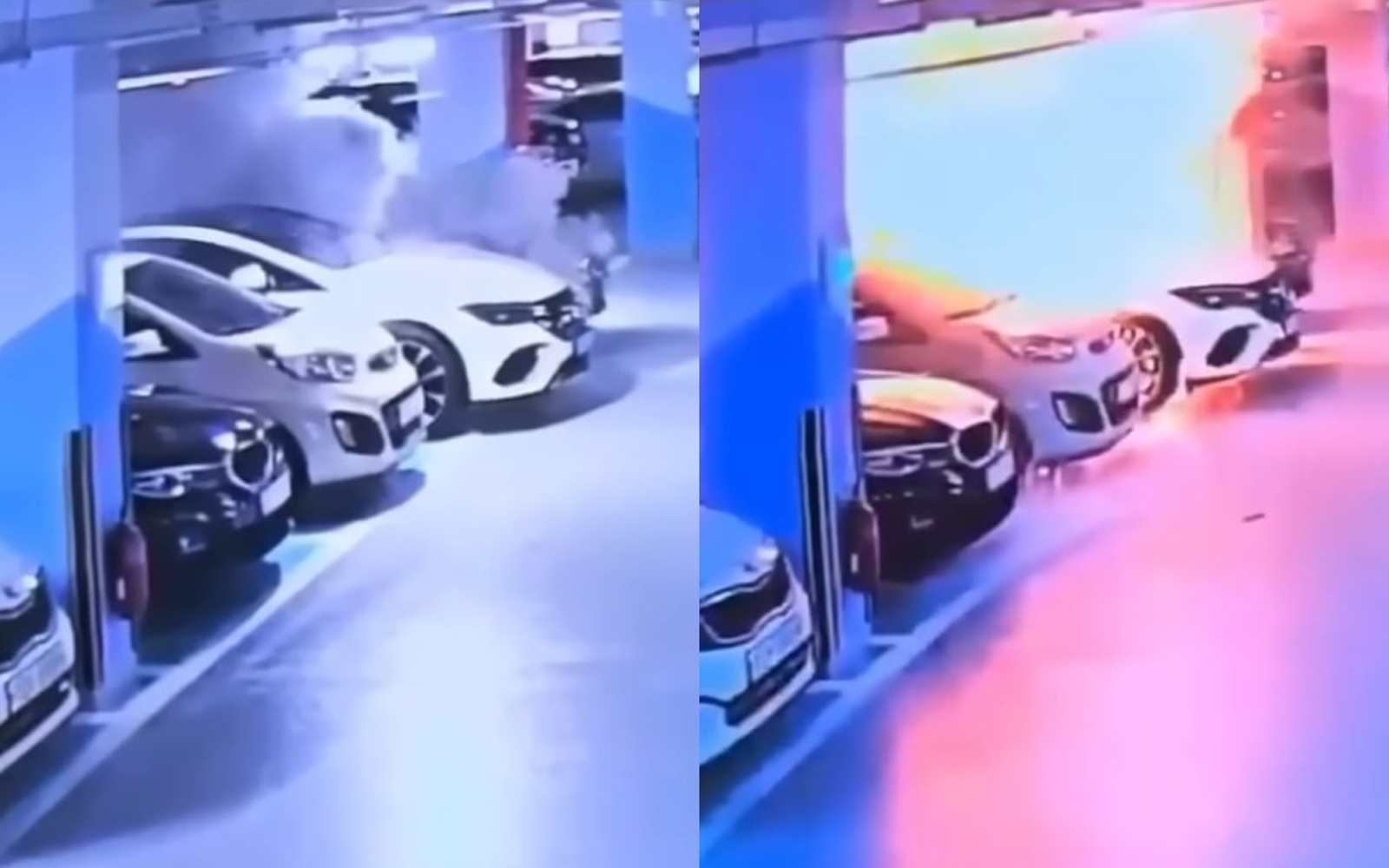
A significant fire in an underground garage in Incheon, South Korea, has sparked intense public debate and concern, with the incident initially triggered by smoke emanating from the battery of an electric Mercedes EQE.
The resulting blaze caused extensive damage, destroying approximately 140 vehicles and injuring 23 people.
The fire, which began in the basement garage of a residential complex, required the evacuation of residents. In the aftermath, around 500 apartments experienced disruptions to water and electricity services. Mercedes has stated that it is taking the situation very seriously and is fully cooperating with authorities. However, the incident has intensified public skepticism toward electric vehicles in South Korea, a country where EVs are typically popular. Media reports suggest that this event has fueled a “not in my garage” sentiment among residents regarding the presence of electric cars in residential areas.
South Korea, known for its high adoption rate of electric vehicles, is now seeing a shift in public opinion. In response to the incident, authorities are considering legislative changes, including requiring automakers to disclose the suppliers of their batteries. This transparency is seen as crucial for improving safety measures and preventing similar incidents in the future. One of the country’s largest telecom operators has even temporarily banned electric vehicles from parking in its underground garages, fearing that a fire could damage critical network infrastructure, potentially disrupting services for hundreds of thousands of people.
The difficulty in extinguishing EV fires, particularly those involving lithium-ion batteries that can burn at temperatures exceeding 1,000 degrees Celsius, has raised additional concerns. These fires can spread rapidly and are often accompanied by explosions, making them far more dangerous than fires in traditional combustion-engine vehicles.
Following the fire, it was revealed that the battery in the Mercedes EQE was supplied by Farasis Energy, a Chinese company that has a financial relationship with Mercedes and provides NCM (Nickel Cobalt Manganese) batteries for their latest electric vehicles. While these batteries offer higher energy density and longer life, they also pose a greater risk of ignition.
This incident has prompted calls for stricter safety regulations and heightened scrutiny of the materials used in electric vehicle batteries, as well as the overall safety of EVs in densely populated areas.


